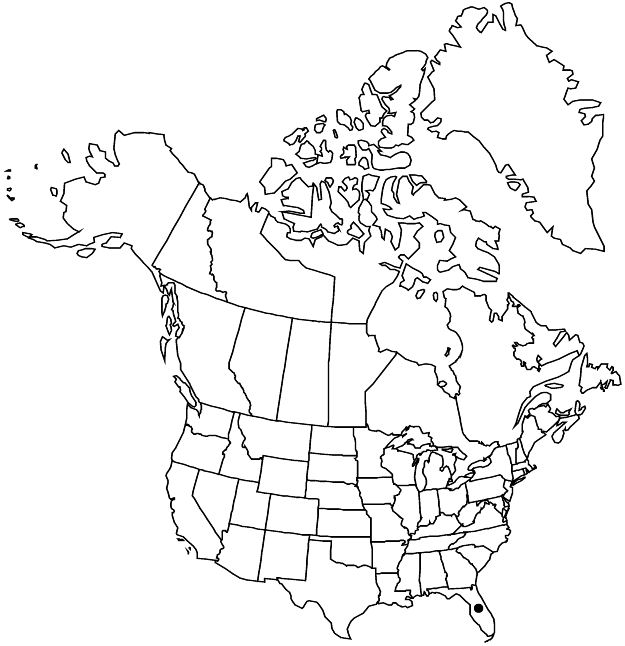Abutilon hirtum
Hort. Brit., 53. 1826.
Herbs, 1 m. Stems erect, puberulent and with simple hairs 2–5 mm, viscid. Leaves: stipules recurved, lanceolate, 7–9 mm; petiole as long as or longer than blade; blade somewhat discolorous, ovate to suborbiculate, 5–7 cm, base cordate, margins finely serrate, apex acuminate, surfaces softly tomentose. Inflorescences solitary flowers or terminal panicles. Flowers: calyx 12–17 mm, lobes not overlapping, erect, ovate; corolla orange-yellow with dark red center, petals 18–20 mm; staminal column pubescent; style 20–25-branched. Schizocarps oblate, 12–14 × 20 mm; mericarps: apex obtuse to acute, surface stellate-hirsute. Seeds 3 per mericarp, 2.4–2.8 mm, minutely scabridulous. 2n = 42.
Phenology: Flowering year-round.
Habitat: Disturbed sites
Elevation: 0–100 m
Distribution

Introduced; Fla., Asia, Africa, Australia, also in Mexico, West Indies (Cuba), West Indies (Lesser Antilles), West Indies (Puerto Rico), Central America, South America (Peru), South America (Venezuela)
Discussion
Abutilon hirtum has been found in Alachua, Lake, Miami-Dade, and Monroe counties, primarily in the Florida Keys. It is native in tropical parts of Africa, Asia, and Australia.
Selected References
None.